Credit Cards Annual Fee
Nov 11, 2023 By Triston Martin
Customers sometimes find it difficult to rationalize the expense of paying an annual fee in light of the perks or advantages that may be given in return. On occasion, though, a card may give advantages that more than cover the cost of the yearly charge that the card requires. It is also possible that you may save a significant amount of money on your loan since individuals with better credit scores are often eligible for reduced interest rates. The following are four scenarios in which the expenditure could be justified, considering that each person's spending tendencies and travel patterns are unique.
Annual Fee Mean on Credit Cards
In years gone by, it was typical for credit cards to charge an annual fee. This cost, which helped credit card issuers make a profit, is no longer charged. They are typically only available at the two extreme ends of the credit card market: the premium travel card market and the subprime market. In today's credit card market, they are becoming less common and typically only exist at the two extreme ends of the market. Therefore, the yearly fees imposed in today's market are levied in return for great value for the well-off or simple access to credit for those on the lower end of the market.
When You Might Decide to Pay an Annual Fee
1. The Card Offers a One-Time Bonus
Several financial institutions provide lucrative sign-up bonuses to encourage people to sign up for new credit card accounts. Common incentives include a signed statement credit that balances part of your expenditures, a sufficient number of frequent flyer miles to earn a roundtrip airline journey or points that may be redeemed for gift cards or related costs to travel.
If the yearly fee is $100 and the bonus is worth $100, then there is not much of a motive to apply for the position. However, if the yearly price is just $125, and the reward is a flight voucher worth $655, you may want to reconsider your decision. There have been rumors that the Citi ThankYou Premier Card provides access to such chances.
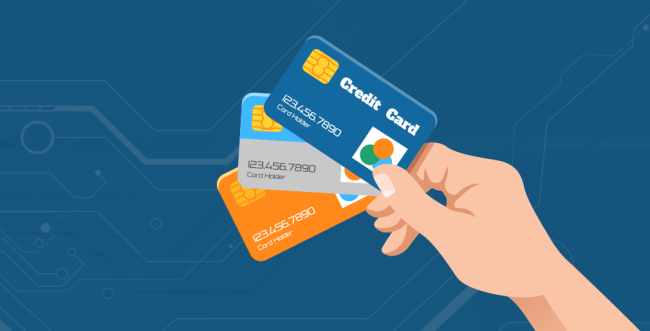
2. Rewards Earned From Everyday Spending
It is not difficult to discover a credit card that provides 1% cashback on all transactions or a greater reward rate in areas that fluctuate from month to month. Finding such a card is not difficult at all. What is more difficult to come across is a credit card that provides a high percentage of cashback, month after month, on transactions that cannot be avoided. It's probable that to receive a deal like this, you'll have to pay an annual fee, but depending on how your family typically spends money, you may finish out far ahead of the game.

3. The Card Offers Ongoing Travel Perks
The rewards you get from using a certain credit card might be considered if your travel habits are compatible with the benefits the card provides. The annual fee for this card is a steep $450, but cardholders get a credit of $300 each year on purchases made at Marriott hotels. After creating an account, cardholders are also eligible to get 75,000 extra Marriott Bonvoy points after spending $3,000 in transactions during the first three months of using the card. The worth of these points is estimated to be $600.
Three points for spending at restaurants and flights inside the United States, and two points for all other transactions that are qualified for points. Additionally, cardholders are entitled each year to one night's stay at any participating Marriott hotel. When one considers each of these perks, it should be no surprise that the Marriott Bonvoy Brilliant American Express card is one of the most rewarding credit cards that can be obtained.
4. The Only Card You Can Get Approved
If you have bad credit, are working to improve it, and the only credit card you can be accepted for has an annual fee, then that cost can be money well spent. A higher credit score might decide whether or not an applicant is granted approval for a loan. Common incentives include a signed statement credit that balances part of your expenditures. It is also possible that you may save a significant amount of money on your loan since individuals with better credit scores are often eligible for reduced interest rates. The trick is to ensure that you only pay the yearly charge when actively striving to improve your credit score. After you have arrived, you should immediately switch to a new card that does not have a cost associated with it.

Personal Exemptions: When and How to Leverage Them
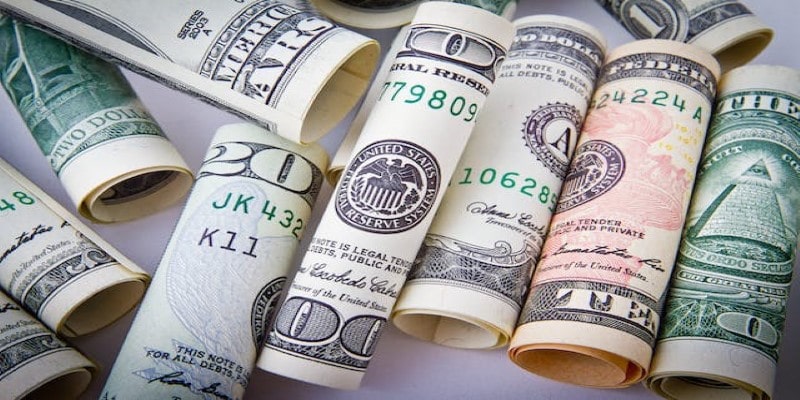
The Smart Shopper's Guide to Using Basis Points for Better Financial Decisions
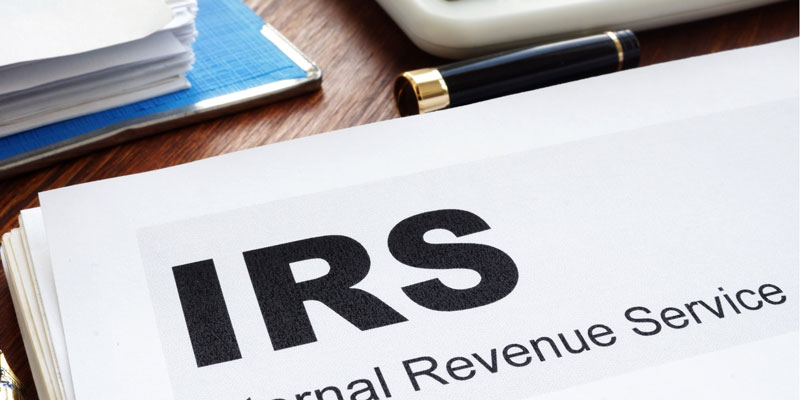
What Is IRS Form 8949 And Its Purpose?

What is HELOC and how does HELOC work?
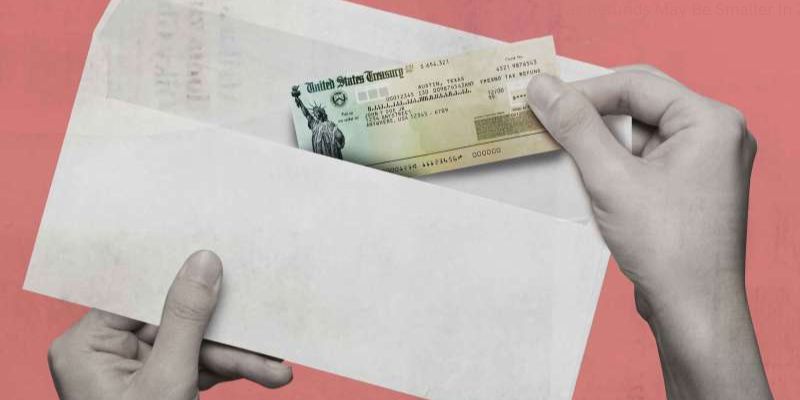
IRS Warns Tax ‘Refunds May Be Smaller in 2023’

Capital One Venture X Rewards Credit Card: For Frequent Travelers

Reasons Why Banks Don't Need Your Money to Make Loans
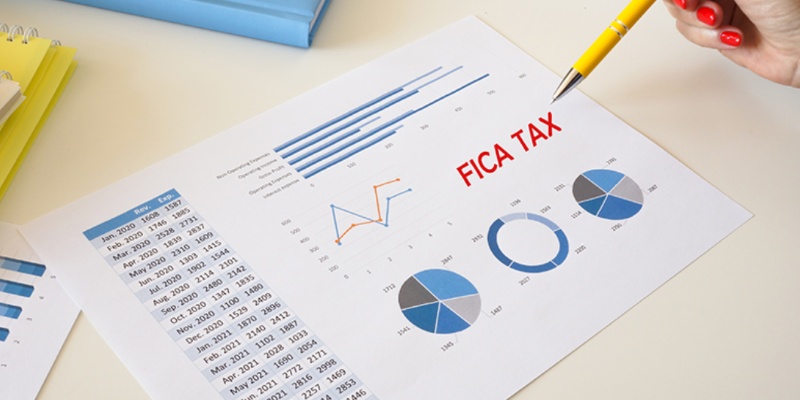
Understanding FICA Taxes: What You Need to Know

Credit Cards Annual Fee

